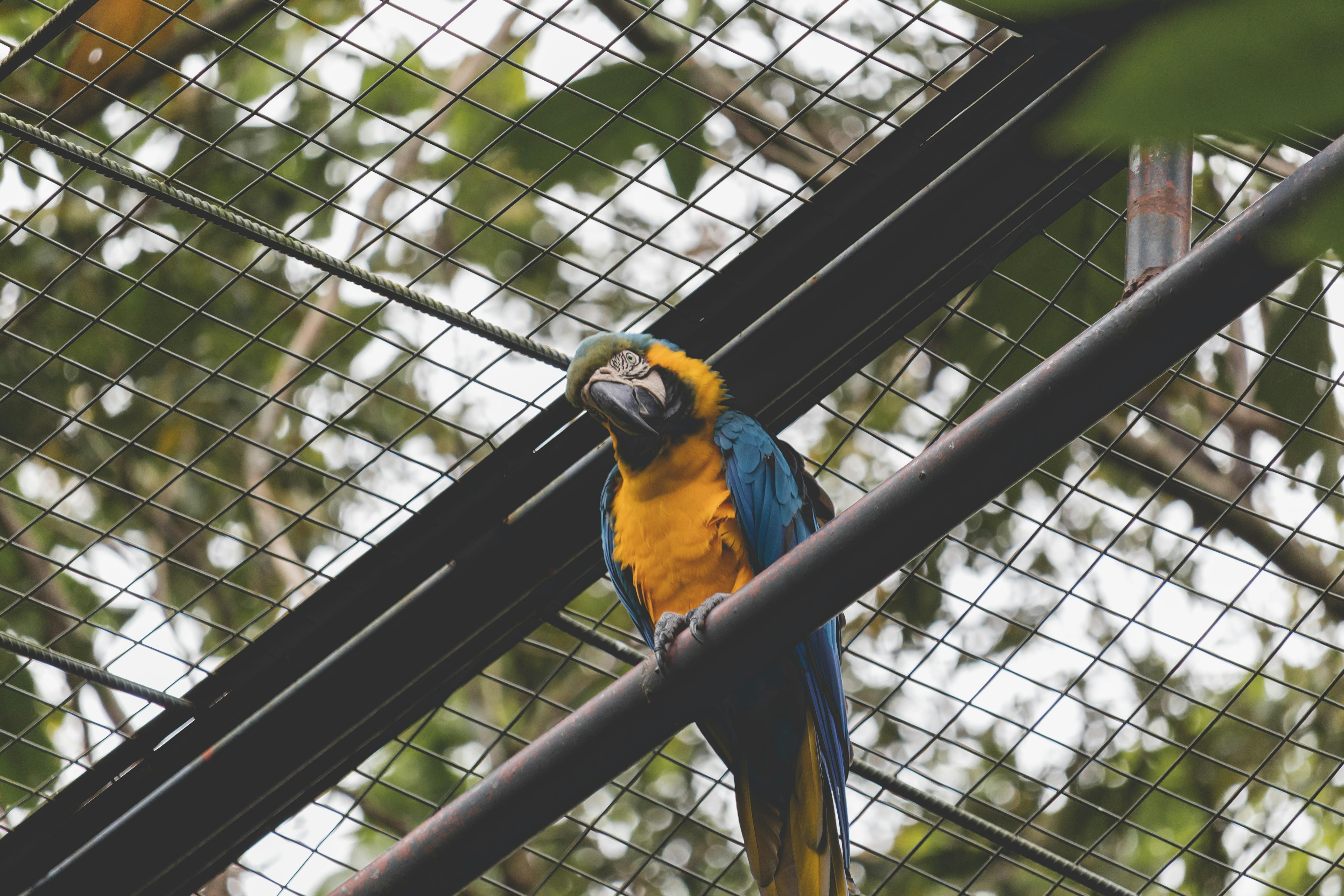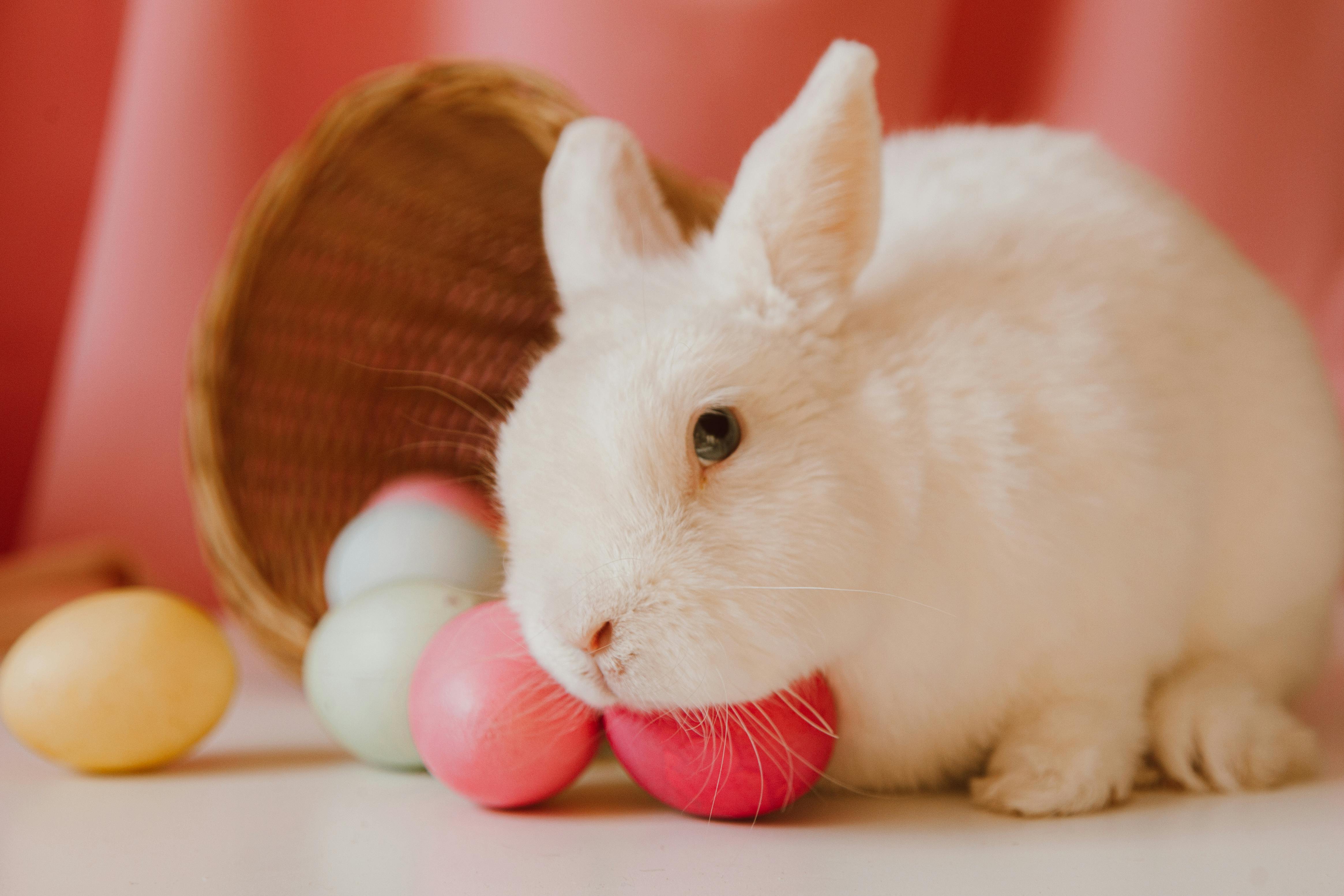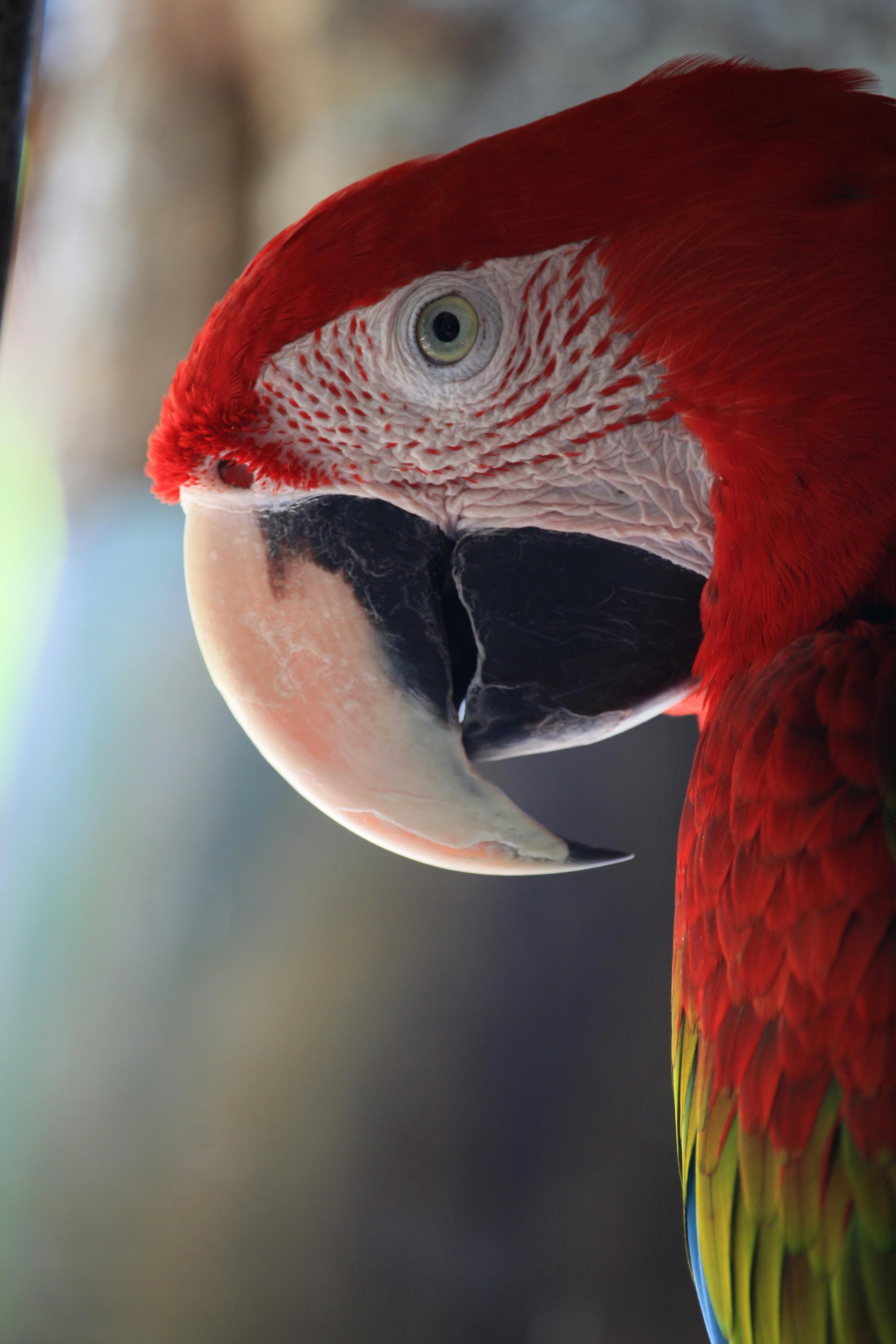
Effective Ways to Use Rabbit Poop Fertilizer for a Thriving Garden
When it comes to maintaining a healthy garden, few fertilizers rival the benefits of rabbit poop fertilizer. Rich in nutrients, rabbit manure serves as a potent organic fertilizer that significantly enhances soil health and promotes lush plant growth. Ideal for gardeners eager to adopt sustainable practices, rabbit droppings act as a natural fertilizer that can be used directly or with minimal processing.
Through this article, we will explore various methods of utilizing rabbit manure to improve your garden's productivity. From creating rabbit manure tea to applying it as mulch or compost, these effective approaches will help you take full advantage of this high-nitrogen fertilizer. We’ll delve into the numerous benefits of rabbit droppings, practical tips for application, and safety precautions to ensure your gardening efforts yield impressive results.
Key takeaways include understanding how rabbit waste enriches soil, creating homemade fertilizer solutions, and the ecological benefits of rabbit farming. Let’s embark on this journey to discover how to enhance your garden with rabbit poop!
Understanding the Benefits of Rabbit Manure
Before using rabbit manure as fertilizer, it’s essential to appreciate its various benefits. Rabbit droppings are considered a nutrient-rich fertilizer and possess a unique nutrient composition. They are high in nitrogen, phosphorus, and potassium, making them excellent for promoting lush plant growth.
Another advantage of rabbit manure is its low odor compared to other animal manures. This characteristic makes it suitable for urban gardens and raised bed gardening. Additionally, rabbit waste doesn’t contain harmful pathogens, allowing gardeners to apply it directly to the soil without fearing contamination.
Moreover, using rabbit poop helps improve soil structure and nutrient density as it breaks down, enriching the soil with organic matter. The composting process for rabbit manure is also simplified, making it a practical choice for new gardeners or those looking to enrich their vegetable garden fertilizer.
By enriching soil with manure, you improve its water retention and aeration properties, further enhancing plant health and resilience. For sustainable gardening, rabbit manure supports a low-impact approach that respects the environment while ensuring optimal crop yield enhancement.
High-Nitrogen Fertilizer for Plant Growth
Rabbit manure is renowned for its high nitrogen content, which is crucial for plant growth. Nitrogen supports lush foliage development and is a critical building block of the protein structures in plants. When applying rabbit droppings, the nitrogen facilitates robust health and accelerates growth rates.
Additionally, nitrogen plays a vital role in chlorophyll production, ensuring your plants have the energy needed for photosynthesis. This enhances their overall vigor and beauty, with leaves appearing greener and healthier. Utilizing rabbit waste as a fast-acting fertilizer ensures your plants receive the nutrients they need when they need them most.
For optimal results, balance rabbit manure with other nutrient sources to nourish your plants effectively. It's important to monitor how different plants respond to fertilization practices tailored specifically to enhance their growth using rabbit droppings.
How to Apply Rabbit Droppings in the Garden
Applying rabbit droppings in the garden can be done in several effective ways. One primary method includes direct application to the garden soil. Rabbit manure can be sprinkled lightly around plants or mixed into the top layer of soil. This method enriches the soil as the droppings break down, integrating organic nutrients directly into the growing medium.
Another popular technique is utilizing rabbit manure tea—an organic liquid fertilizer made by steeping rabbit droppings in water. To create rabbit manure tea, fill a container with water and add a sock or mesh bag filled with rabbit droppings. Let it steep for a few days before using it to water your plants. This solution provides a concentrated nutrient boost that promotes healthy growth.
For gardeners who want to avoid nutrient shock from concentrated application, consider composting rabbit waste first. By mixing rabbit droppings with other organic materials, such as shredded leaves or straw, you create a balanced soil amendment. This compost can then be applied monthly during the growing season directly to garden beds.

Composting Rabbit Waste: Tips and Techniques
Composting rabbit waste is an excellent way to create nutrient-rich organic fertilizer and reduce waste. To begin, gather fresh rabbit droppings and mix them with carbon-rich materials, such as dry leaves, straw, or shredded cardboard. This balance promotes a healthy composting process and avoids any odor issues.
Ensure proper aeration in the compost pile by turning it regularly. This allows oxygen to circulate, which is essential for microbial activity. Over time, the materials break down, creating a crumbly, dark humus that can enrich your garden soil with beneficial organic matter.
Precautions for composting rabbit waste include avoiding the addition of any bedding materials that may contain contaminants or toxic substances. Monitor moisture levels in your compost pile, as too much dampness or dryness can hinder the composting process. Once the compost is ready, it provides an excellent organic soil conditioner that enhances both nutrient levels and soil structure.
Using Rabbit Manure as Mulch for Soil Health
Applying rabbit manure as mulch around your plants can be particularly beneficial for soil health. Mulching with rabbit droppings not only suppresses weeds but also retains soil moisture and moderates soil temperature. This is essential for creating a microclimate conducive to healthy root development.
As the rabbit droppings break down over time, they release nutrients back into the soil while enhancing its texture. This organic mulch enriches the surrounding soil as it decays, promoting sustainable gardening practices that minimize environmental impact. Additionally, the use of rabbit waste as mulch supports the retention of beneficial insects, further promoting soil biodiversity.

Creating a Nutrient Management Plan with Rabbit Fertilizer
To maximize the benefits of rabbit droppings, developing a nutrient management plan can help you monitor the application and impact of your rabbit manure usage. Start by testing the soil in your garden to define nutrient deficiencies and adjust your strategy accordingly.
Incorporate rabbit waste strategically as part of your crop rotation. This not only improves soil quality year after year, but it also prevents soil fatigue often associated with repeated cultivation. Additionally, consider diverse plantings that will utilize different nutrient pathways, enhancing overall plant health.
Be mindful of how and when you apply rabbit droppings throughout the growing season. Using sage agricultural practices ensures that you optimize plant nutrition from rabbit manure, effectively contributing to improved crop resilience and yield.
Conclusion: Embracing Rabbit Poop for a Sustainable Garden
Incorporating rabbit poop fertilizer into your gardening routine offers a variety of benefits, making it an ideal choice for sustainable gardening practices. From enrichening soil health to creating effective homemade fertilizer recipes, rabbit manure proves to be a multifaceted resource for organic gardening.
Using rabbit droppings not only improves plant nutrition, but it also contributes to eco-friendly practices that promote healthy ecosystems. With proper application, composting techniques, and effective nutrient management, your garden can thrive. As you embrace the advantages of rabbit waste, your gardening journey becomes more sustainable and fruitful.
Now let's continue this journey of enhancing our gardens and exploring even more revolutionary gardening practices!